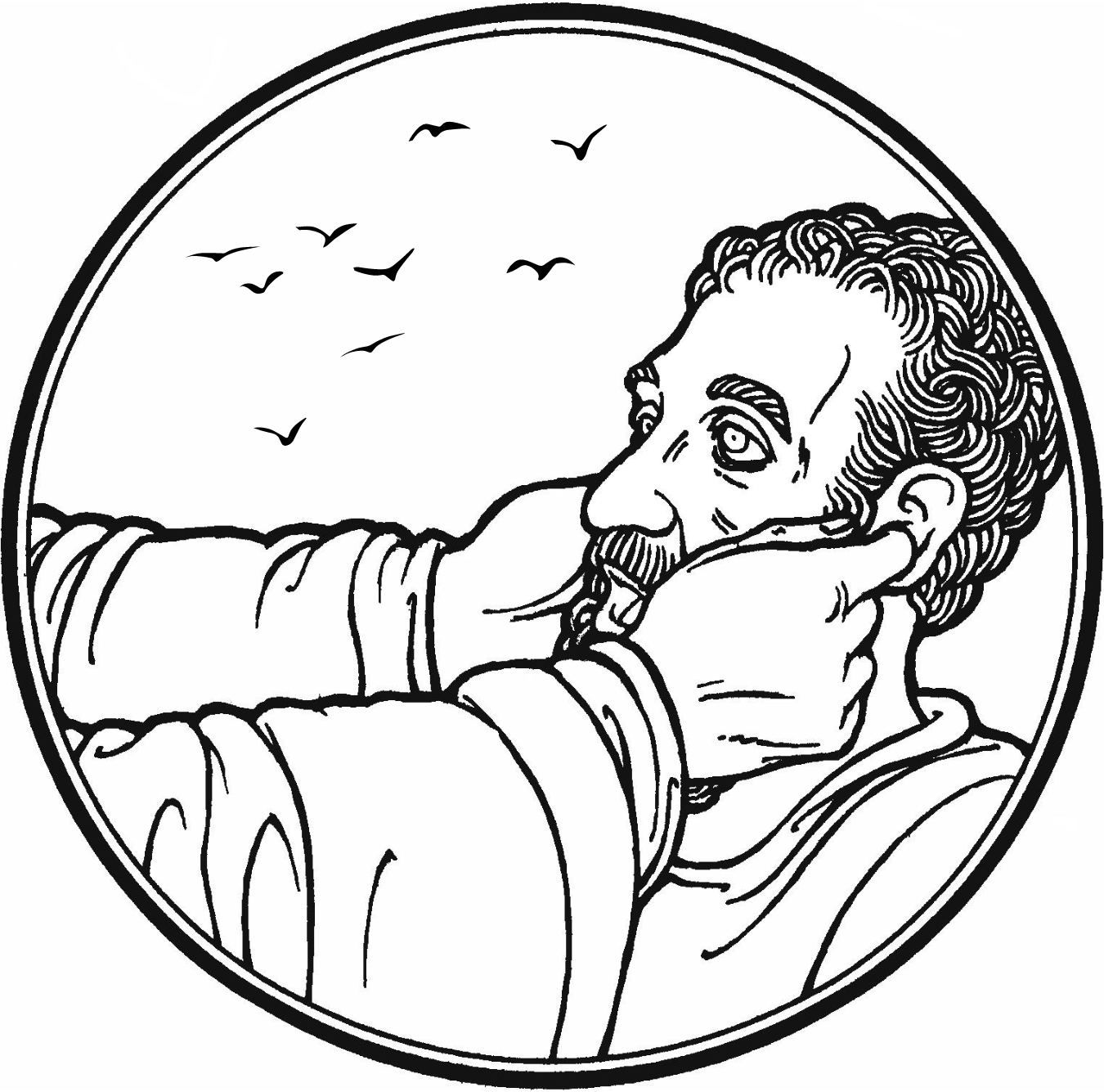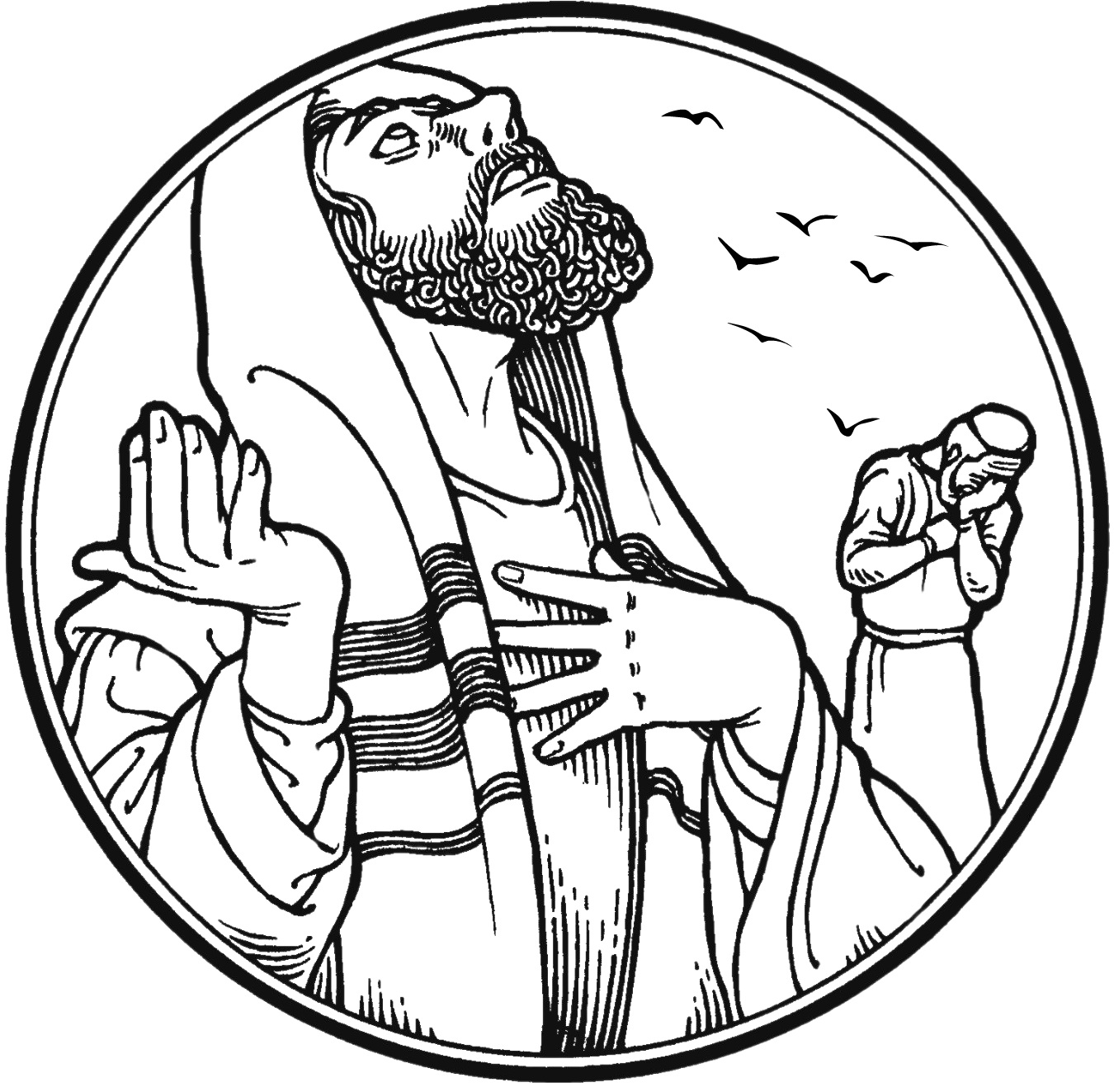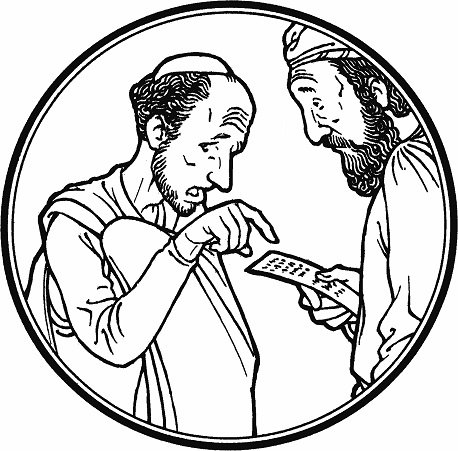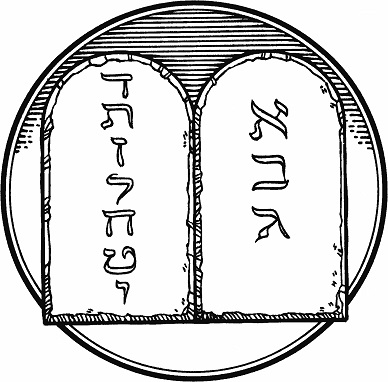Author: Pastor Michael Miller
-

Twelfth Sunday after Trinity
Readings: Isaiah 29:17-24 | 2 Corinthians 3:4-11 | Mark 7:31-37 Text: Mark 7:31-37 Were you there? Have you heard? Do you know the miracle that happened right here in the Decapolis today? Call your friends! Call your neighbors! You might even call your in-laws—this is so big! Breaking news! Jesus of Nazareth has opened the…
-

Eleventh Sunday after Trinity
Readings: Genesis 4:1-15 | Ephesians 2:1-10 | Luke 18:9-14 Text: Ephesians 2:1-10 Consider the two ways of man in Genesis 4, exemplified by Abel and Cain: Man as creature—dependent and sinful, living alone by God’s merciful hand—versus man acting as judge of God and trying to cover up his misdeeds. How does God, our Creator,…
-

Ninth Sunday after Trinity Confirmation in the Christian faith of Greta E. Gramzow and Ian A. Miller Readings: 2 Samuel 22:26–34 | 1 Corinthians 10:6-13 | Luke 16:1-13 Text: 2 Samuel 22:26–34 “Knowing God vs. Not Knowing Him” Those who don’t know Him see him as: But those to whom the Holy Spirit has made Him known see Him…
-

St. Mary Magdalene (observed)
Readings: Proverbs 31:10-31 | Acts 13:26-31 | John 20:1-2, 10-18 Text: Proverbs 31:10-31 Many admonishments in Scripture speak to human sins that are more commonly male: sexual immorality, guarding the tongue, fits of anger, etc. Yet, sin corrupts both men and women alike. The man who was possessed by a legion of demons in Mark…
-
Seventh Sunday after Trinity
Readings: Genesis 2:7-17 | Romans 6:19-23 | Mark 8:1-10 Text: Mark 8:1-10 “How can one [man] satisfy these people with bread in this desolate place?” (v. 4) Exacerbated by evolutionary assumptions, the biggest common factor is that there is no God. What are the odds of the first? True, it’s now the dominant view which contributes…
-

Sixth Sunday after Trinity
Readings: Exodus 20:1-17 | Romans 6:1-11 | Matthew 5:17-26 Text: Matthew 5:20-26 For centuries, the first thing those learning the Christian faith encountered has been the Ten Commandments. We think they are elementary, and therefore easy to do. After all, they sound so simple: We would like the Commandments to be tame, manageable. As easy as following the…
-
Growing in Faith
The Feast of St. Andrew Text: John 1:35-42a Who was Andrew? How is he remembered? Andrew was the brother of Peter, first a disciple of John and moved by the words, “Behold, the Lamb of God.” Although he was the first to believe, he wasn’t as impetuous as his brother. The two of them were…
-
New Revelation Bible Study
The daily Bible study podcast, The Word of the Lord Endures Forever, by Pastor Will Weedon is starting on the Book of Revelation. If Revelation has ever left you uneasy or scared, Pastor Weedon’s teaching style might bring you some much needed clarity.
-

Funeral Sermon for Lenora P. Hanna (Schmidt)
Funeral of Lenora Pauline Hanna – June 17, 2021 Text: Psalm 139:7-18, 23-24 “In the Uncertainty of This Life, God is the Solid Rock upon Whom We Stand.” This is where Lenora was raised. She was born May 31, 1956, but soon after born from above by God in the precious waters of Holy Baptism…
-
The Gospel of Matthew: Jesus Teaches the Church
Bible Study on Matthew and Adult Information Class Mondays from 6:30-8:00pm ~ 12 Sessions The Gospel of Matthew was God-breathed for the purpose of teaching the Church to know Jesus Christ to be the very same God who revealed Himself in what we now call the Old Testament, and His work to be that ultimate…